by Michael Haskew
Allied victory in North Africa and the invasion of Sicily in July 1943, meant only one thing for the Fascist government of Benito Mussolini. Its grip on Italy was slowly slipping. Within days of the Allied landings in Sicily, Mussolini was ousted from office and arrested. [text_ad]
Nazi dictator Adolf Hitler sent commandos to rescue Il Duce (the leader) from his mountain prison, and subsequently Mussolini established a new Fascist state in northern Italy, the Italian Social Republic. With German support, Mussolini set about evening the score with those who had supported his removal from the seat of government in Rome.
Well-Founded Suspicions
Among those members of the Fascist Grand Council who had voted to remove Mussolini was former Foreign Minister Galeazzo Ciano, Mussolini’s own son-in law. Married to Il Duce’s daughter Edda and the father of his three grandchildren, Ciano was a hero of the Italian conquest of Ethiopia during the mid-1930s. But Mussolini had distrusted his daughter’s husband for some time. That distrust had prompted Il Duce to remove Ciano from the post of foreign minister in February 1943, and subsequently appoint him as ambassador to the Holy See at Vatican City. There in the confines of Rome, Mussolini could keep an eye on his disloyal son-in-law. Mussolini’s suspicions of Ciano were well founded. Ciano did not support Italy’s march toward war in Europe, believing that his country’s military was far from ready to engage in a conflict with other major powers. When Mussolini declared war on France on June 10, 1940, he wrote in his diary, “I am sad – very sad. The adventure begins. May God help Italy!” Ciano was also reported to have slipped information to the government of Belgium, a neutral country, that its territory would serve as a highway for the coming Nazi invasion of France in the spring of that year. Ciano became further disillusioned with the steady string of defeats suffered by the Italian armed forces from 1939 to 1943. By the time the Nazis had propped Mussolini up as the head of the Italian Socialist Republic, Ciano and his family had sought sanctuary in Germany. Rather than providing sanctuary, the Nazis handed Ciano over to his vengeful father-in-law. He was charged with treason and imprisoned for more than a year. During a show trial in the city of Verona, he was found guilty and sentenced to death. Although Edda pleaded for Ciano’s life, her father was unmoved.
“Long Live Italy!”
On January 11, 1944, Ciano and 17 other enemies of Il Duce were marched out of their prison cells, tied to chairs, and shot in the back. Reportedly, Ciano’s last words were, “Long live Italy!” Edda failed in an attempt to trade Ciano’s secret diary, filled with compromising and embarrassing information about Mussolini, Hitler and several members of their Fascist and Nazi regimes, for her husband’s life. After his execution, she hid the manuscript for several months. It was translated and published in English for the first time in 1946. Numerous authors have also used the diary as a primary source, providing a unique glimpse into the treachery of Hitler and Mussolini that plunged Europe into war.
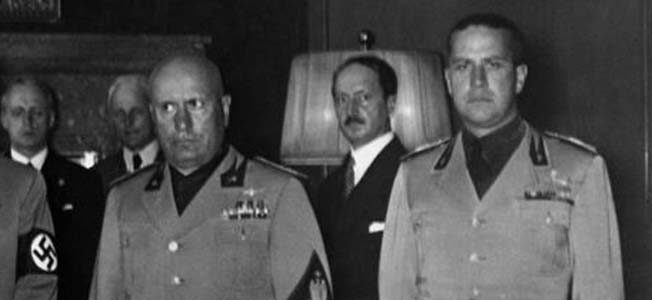
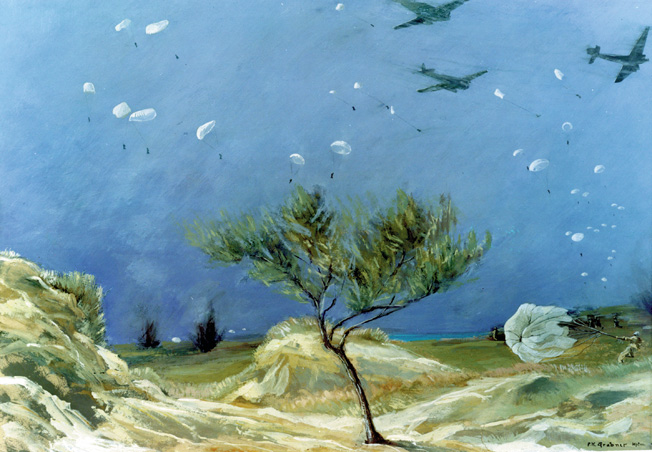
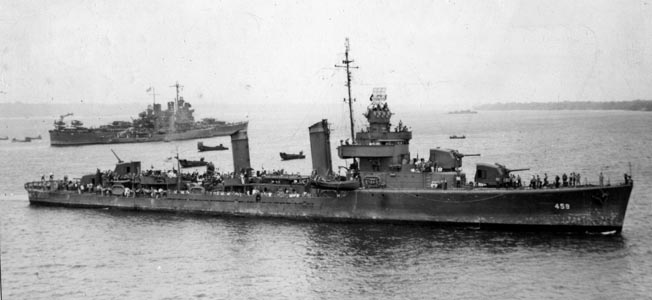
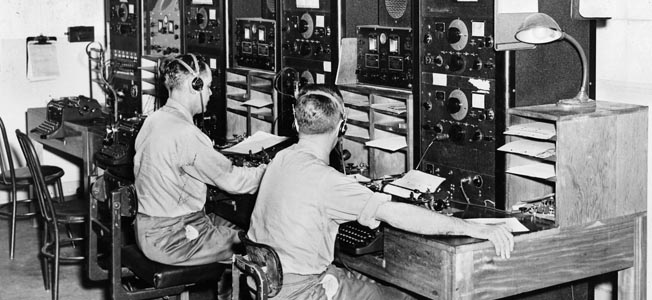
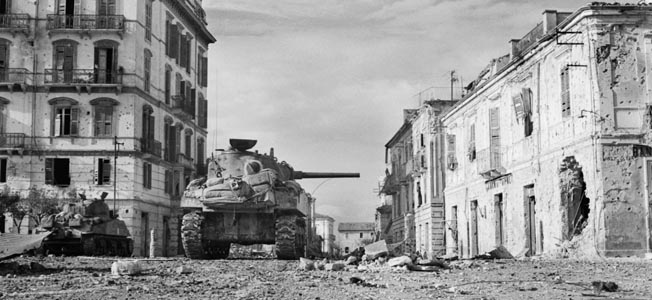
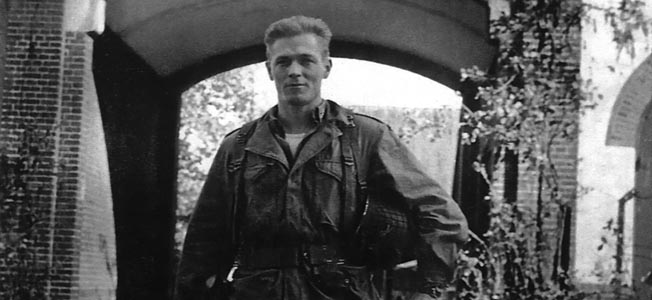
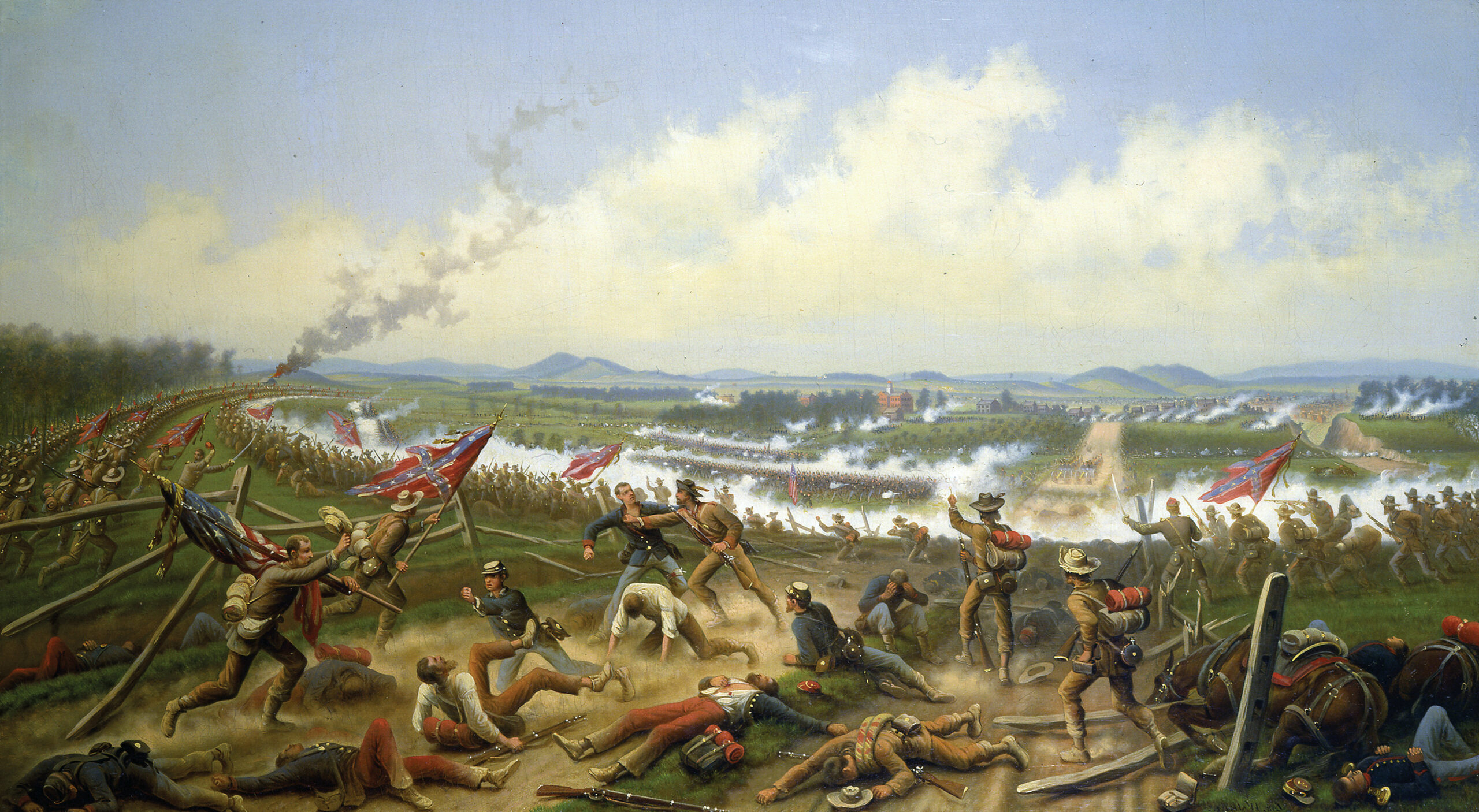
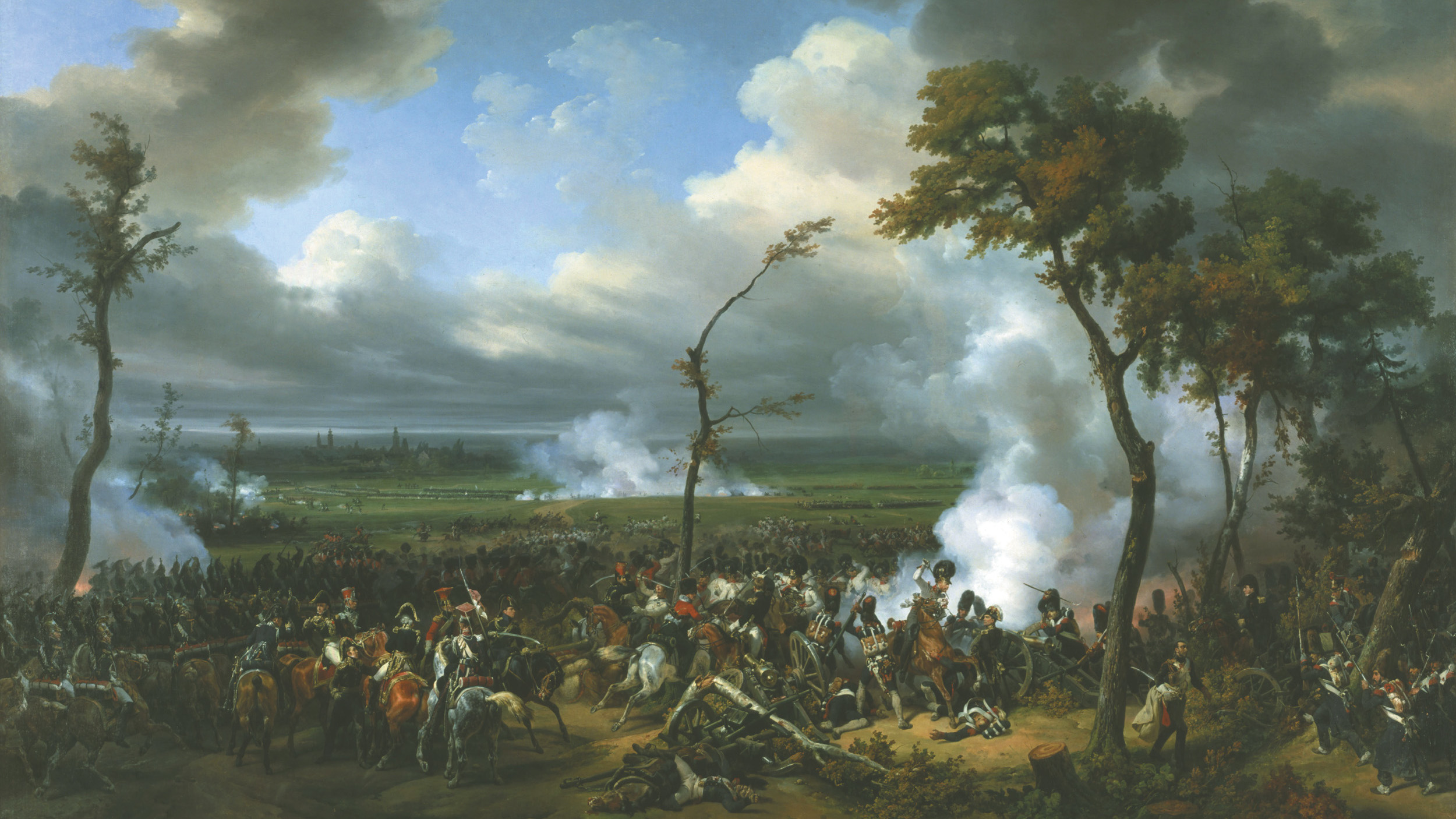
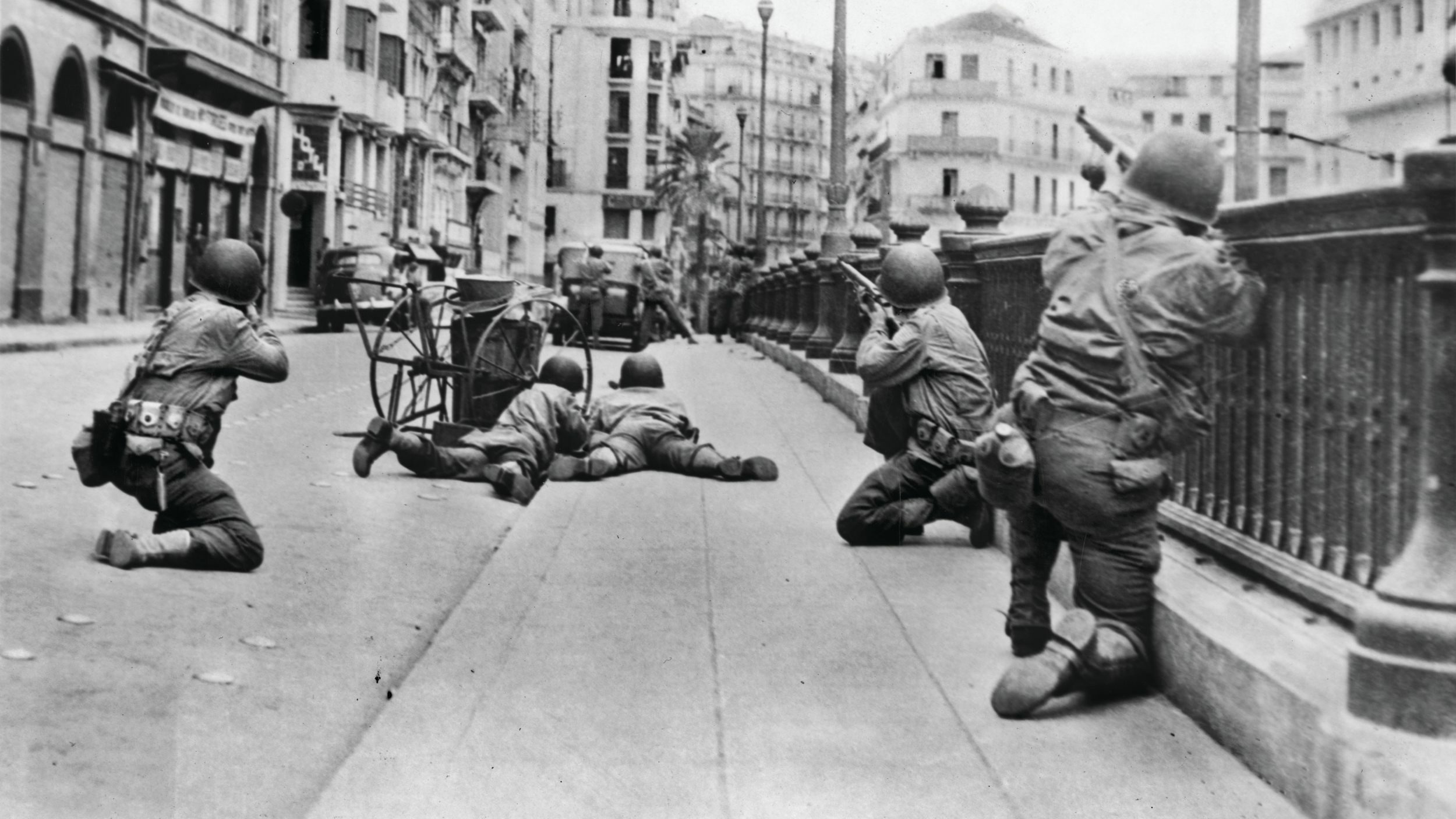
Join The Conversation
Comments
View All Comments